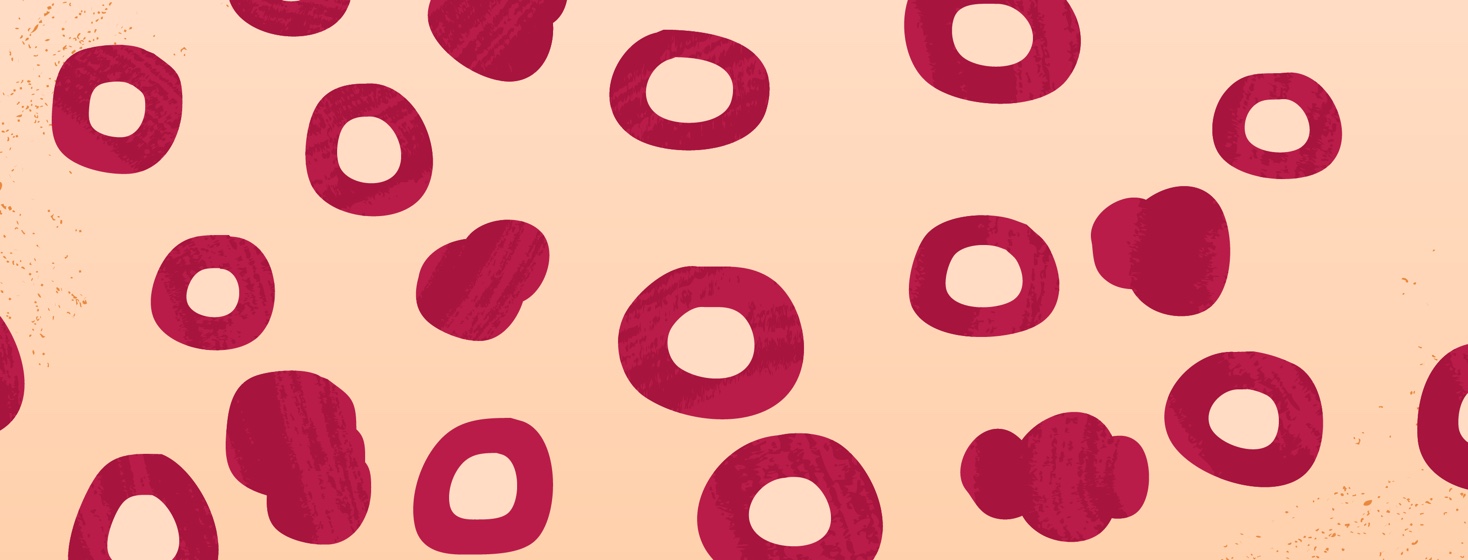What Is Cryoglobulinemia?
Cryoglobulinemia is a condition characterized by abnormal proteins, or cryoglobulins, in the blood. These proteins clump together and cause the blood to thicken in colder temperatures. When the blood thickens it may cause problems with circulation, which could impact the kidneys, liver, skin, joints, and nerves.1
Cryoglobulinemia & hep C
Cryoglobulinemia is part of a group of disease that cause inflammation of the blood vessels throughout the body called vasculitis. Mixed cryoglobulinemia is one type of cryoglobulinemia that is common in people with hepatitis C. It is one of the most common conditions that can occur in people with hepatitis C.2
What are the symptoms?
Symptoms may be different for different people, depending on what caused it in the first place. Symptoms can include1:
- Joint pain
- Muscle aches
- Breathing problems or shortness of breath
- Fatigue
- Purpura, which are purple-colored spots/patches on the skin and mucus membraces, like the lining of the mouth
- Kidney problems, such as glomerulonephritis
- Skin ulcers
- Raynaud phenomenon, which can cause fingers and toes to become white or turn blue due to lack of blood flow
How is it diagnosed?
Since some of the symptoms of cryo are symptoms that can be related to hepatitis C, it may go unnoticed. Blood tests, such as a complete blood count (CBC) and cryoglobulin test, are often used to check for cryoglobulinemia. Other tests may include1:
- Liver function tests
- Skin biopsy
- Rheumatoid factor blood test
- Urine tests, to monitor how the kidneys are working
- Angiogram, to check the blood vessels
How is it treated?
Treatment for cryoglobulinemia will depend on the severity. It is key to treat the underlying cause of cryoglobulinemia, so treating hepatitis C will be part of the treatment plan. Treatment may also include1, 2:
- Corticosteroids
- Immunosuppressive and anti-inflammatory therapies, such as rituximab
- Plasmapheresis, a procedure to remove plasma and abnormal proteins, like cryoglobulins, from the blood
Can I prevent it from happening?
For people with hepatitis C, getting treatment and clearing the virus is the best way to prevent complications from cryoglobulinemia. For people who have cryoglobulinemia, staying away from colder temperatures may be a way to help prevent some of the symptoms.1
If you think you have symptoms or think you may have cryoglobulinemia, it's important to talk to your healthcare team.

Join the conversation